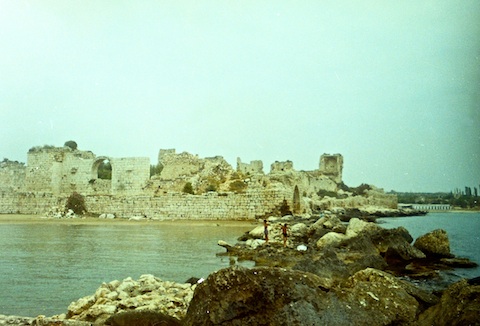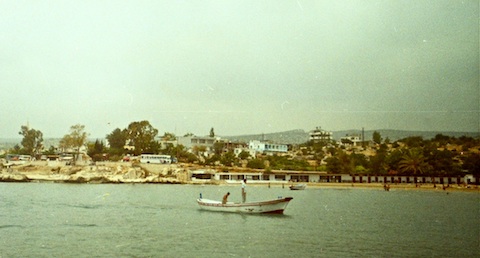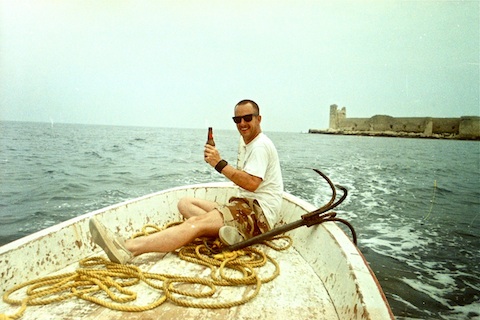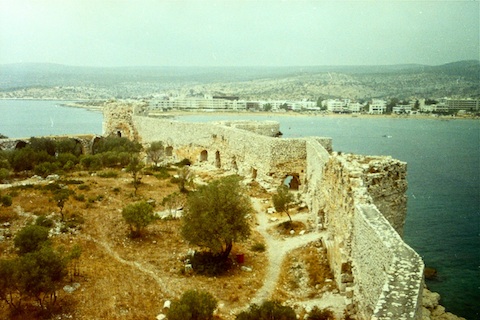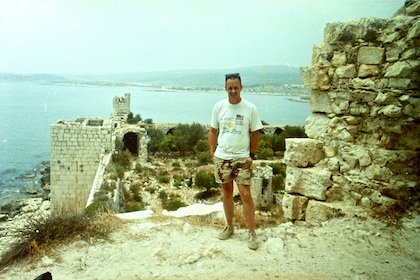Postscript
Incirlik, Turkey—Every trip home after a wartime separation is filled with a string of happy memories. For the 432nd that string started with the unit’s first glimpse of their 747 jumbo-jet parked on the Incirlik AFB runway. The string continued when the 747’s wheels left Turkish soil; and, following that, the flight to Germany, the Atlantic crossing, and the deplaning at Ft. Bragg, with military band accompaniment.
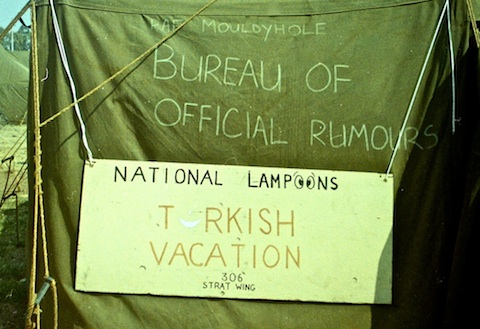
After the dull days of outprocessing at Bragg, the unit retraced their steps from Bragg to Green Bay and other hometowns where, finally, families and friends were reunited. Parties and parades concluded the adventure, and no one at that point could have cared less about such things as after-action reports and lessons learned regarding the deployment.
But the paperwork was in the mail and civil affairs commands from VII Corps in Stuttgart and the Pentagon to the 86th ARCOM in Chicago eventually would be poring over the data and planning for the next contingencies. Those contingencies could be located anywhere in the world where CA assets need to be deployed.
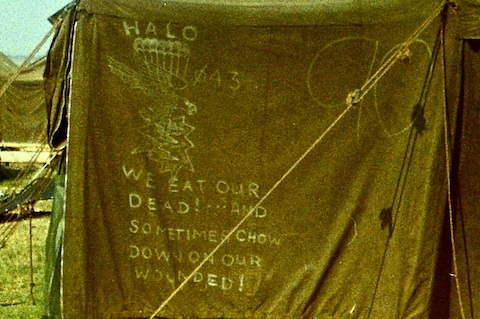
In each of those commands, the question arises: what was learned about the use of civil affairs units during the Persian Gulf crisis? LTC Christophersen related that a couple of people in the Pentagon regard the Persian Gulf episode as the “civil affairs operation of the century.” That is pretty strong language when anyone recalls the major contributions made by civil affairs operations, then called “military government,” following World War II in Germany and Japan. Nonetheless, the data reveals enormous accomplishments in quickly restoring public services in Kuwait City and providing basic necessities for refugees in northern Iraq.
Some people, inside the 432nd and out, found the extent of those accomplishments unbelievable. Members of the UN, for example, learned that their time estimates for taking over the refugee camps in Iraq could be shortened by about one month from the original date they had set. The commander’s estimate, made in early May for a turnover date around June 1, held steady despite doubts.
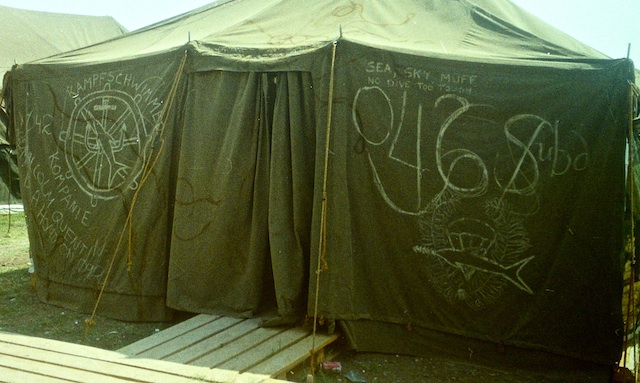
McMurry’s Notes
- “Task Force Reshuffling Refugee Camps”, Stars & Stripes
- During the week we spent at Incirlik waiting for a plane to take us home, we got a day pass to the Turkish Riviera. There were two castles near the beach we went to. One was next to the beach, but it was more or less off limits. It’s mate wasn’t off limits, but it was about a mile offshore. A Turkish fisherman had just pulled up on the breakwater across from the beach, so I made my way over to his boat, where his kids were killing squid by whapping them against the rocks. Legend has it that the castle was built by a king to protect his daughter from a prophesy that she would be killed by a snake. It didn’t work — she was killed when she opened a basket that contained a snake, after the basket was delivered to the island. The fisherman delivered me to the island for the Turkish equivalent of $2. It wasn’t like castles in most countries where you are only allowed to go in certain parts and look at certain things and woe be if you don’t toe the tour guide’s line. I explored, I climbed, I delved. I went everywhere in that castle. It was awesome.
We drank all morning and afternoon until we left the Riviera. If the bus had made a stop everytime someone had to piss, we wouldn’t have made it back before curfew. So some folks took to going out the back door. The Turks were not amused. We did not care. We did stop once, because I wasn’t going to risk falling out. I climbed down a ten foot wall and was pissing against it’s vine covered side, when a Turk came running out of the building hollering at me. I have no idea how I made it back up that wall in my inebriated condition.
| Page 29 | Page 30 | Page 31 |

